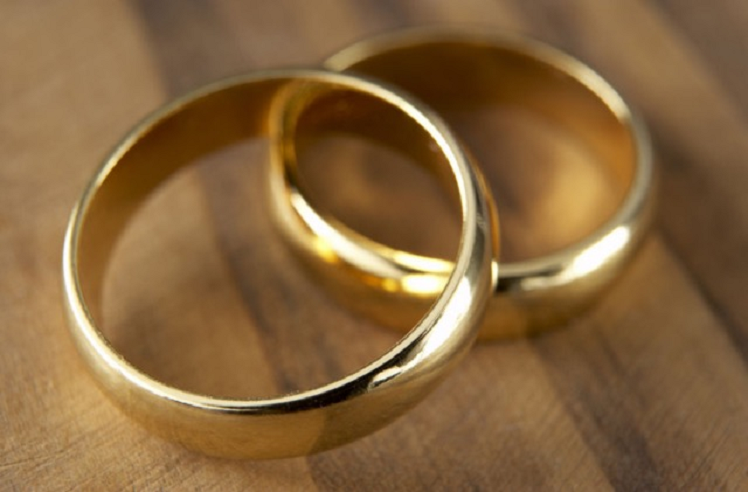
Is she Slovak? After my first date, that’s the question I got from some of my relatives. It wasn’t surprising.
One set of my grandparents immigrated from Czechoslovakia, bringing their customs, traditions and religion to the new world as a source of comfort. To preserve it, immigrants wanted their Slovak kids to marry other Slovak kids and have Slovak babies who would eat pierogi and dance to polkas.
Other relatives reacted much differently to the news I’d been on a date. They’d say, “This girl, what is she like? What do you like about her? Does she make you smile?”
Right away, I learned there were two very different ways to measure relationship. One judges it foremost through cultural norms, while the other sees it primarily through the lens of love.
Unfortunately, the first way has been the most popular.
Throughout history, we’ve used relationship as a means of division, a way of keeping people apart. We’ve decided that these people can’t be with those people. We’ve drawn lines between people we consider acceptable – basically, people like us — and those who are different in some way and thus unacceptable.
It’s a tale as old as time.
Throughout history, people have been told they mustn’t have relationship outside their national, ethnic, social or religious circle. Marriage has been about something other than love primarily.
Relationship holds everything together
For instance, black people and white people in the South couldn’t have any relationship whatsoever when I was growing up — they couldn’t even drink from the same water fountain. States had laws preventing marriage of an interracial couple, even if they loved one another. The same went for gay people until a few years ago.
You’d think that religion, which is meant to bring us together in love, would help erase those lines. Sadly, it’s often been misused to draw them and enforce them.
Jesus lived in a culture full of such lines, and he paid them no attention whatsoever. He ate with people he was told to avoid, healed those he was told to shun, and loved people he was told he must never love in any way.
And he said everyone must do the same.
When the religious line-enforcers complained, he reminded them that love alone fulfills what God wishes from us. To live in God’s spirit means we’re trying to have loving relationship with everyone, including those whom we label our enemies.
He reminded them that this has always been the core of true faith.
The creation stories describe how relationship is part of God’s very nature – and ours, too. We’re made from the earth, and thus in intimate relationship with it. We’re made from each other as well, and thus intimately connected to each other.
The authors of the creation stories had no concept of how the universe works, but science tells us they got the main point right.
We are made of the same stuff as everything else at our elemental and atomic level. A trinity of particles – proton, neutron, electron – clings together in cohesive relationship, forming all that God has created.
All humans are made of the same stuff, too, sharing the same DNA. We’re carbon-based copies of one another, created for intimate relationship with each other.
Relationship holds everything together. As Richard Rohr puts it, “God is love, which means relationship itself.”
Every loving relationship is sacred and blessed
In loving relationship, we make the other’s needs as important as our own. We give them room and encouragement to continuously grow, and we encourage our differences and our diversity.
We lower our protective walls and let the other inside, even though we know that they’ll inevitably hurt us — and we’ll hurt them, too, and forgiveness and healing will be required.
We ask the other person to kindly and patiently challenge us to grow, as we kindly and patiently challenge them as well.
We invite the other into a never-ending conversation in which we share not only the parts of ourselves that make us proud, but also the ones that cause us shame and disappointment.
We pay attention to how we’re treating the rest of nature that holds us in a web of mutuality.
Yes, loving relationship is hard work, but it’s the most necessary work in our lives. It’s where the good stuff happens. It’s how we experience God and ourselves.
Whenever love is present in a relationship, God is present in that relationship, too, and that relationship is holy and sacred and blessed and sanctified.
Loving relationship takes us to a place we can’t go alone – directly and deeply into the heart of God, who is love. Nothing else can.






